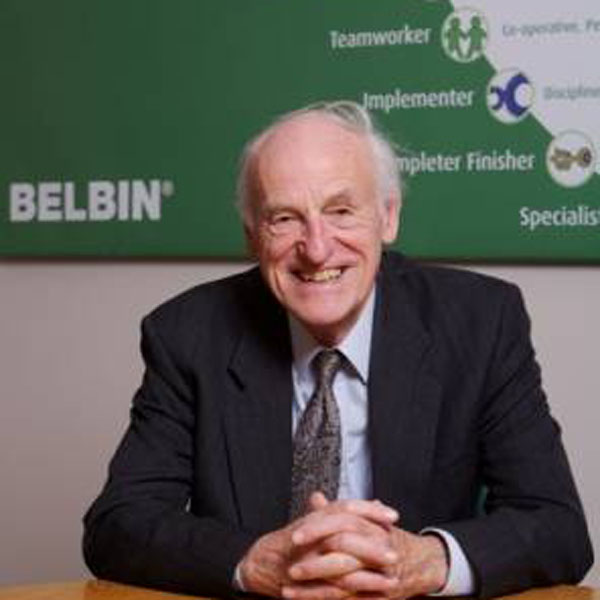What is the aim of Belbin? We are all different and we have different values and work in different ways. Those differences in teams are the critical turning point of being a successful team benefiting from the synergy of differences. Belbin Team Roles gives participants an understanding of their individual differences and how they can be appreciated and integrated to make effective teamwork.
Aim for the participants
- Gain a better understanding of their positive contributions to teamwork (self awareness).
- Will be able to identify and appreciate the different styles of team working.
- Get to know colleagues in a more personal and informal basis and thereby gaining trust, honesty and unity.
- Each participant will make a personal action plan for the further development of their appreciated contributions in the team.
Belbin Team Roles
Phase 1 - How to make this happen We will use part of Belbin's concept of Team Roles to make a shared frame of reference when talking and estimating individual contributions to team performance. We then introduce the concept of Belbin's Team Roles to the participants, starting with an introduction to the theory and the description of the team roles. Then the participant will start the discovery of their own contributions in team work by taking part in a number of different team tasks. After each team task they have time to reflect on their contributions and how this can be related to the three main categories in Belbin's theory.
So what is a team role? People Orientated Roles Co-ordinator, Teamworker and Resource Investigator Action Orientated Roles Shaper, Implementer, and Completer Finisher Cerebral Orientated Roles Plant, Monitor Evaluator and Specialist
Belbin Team Roles
Phase 2 - The Krypton Maze Phase 2 is based around fun team building activities, all of which link into the Belbin theory. The teams experience a number of unique team building activities, all of which cover a different objective and theme. On completion of each task we explore team performance and begin to investigate pathways for improvement.This simple feedback tool gives the group the chance to review their performance, celebrate success and experience the 'feel good' factor of positive teamwork. With this strong team work example, team morale lifts, as does the group bond. Individuals want to continue this culture, ultimately achieving an emotional buy-in that enables a migration of the team work values into the workplace.
Click here to try out the Belbin Assessment Online Profile For more information on facilitated events including Myers Briggs and SDI we have a complete range of leadership workshops available, just pop us a call in the office and we can help you work out which workshop is right for your team!
